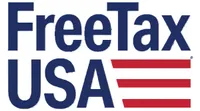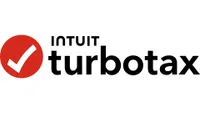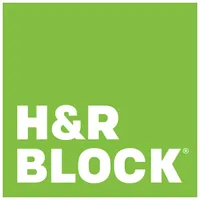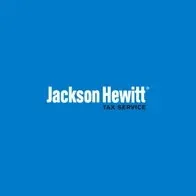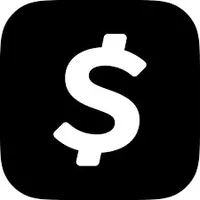The Best Tax Prep Software for Every Tax Situation in 2025
See how popular tax prep software like TurboTax, H&R Block and FreeTaxUSA stack up – and how to decide which one is the best for you.

Profit and prosper with the best of Kiplinger's advice on investing, taxes, retirement, personal finance and much more. Delivered daily. Enter your email in the box and click Sign Me Up.
You are now subscribed
Your newsletter sign-up was successful
Want to add more newsletters?

Delivered daily
Kiplinger Today
Profit and prosper with the best of Kiplinger's advice on investing, taxes, retirement, personal finance and much more delivered daily. Smart money moves start here.

Sent five days a week
Kiplinger A Step Ahead
Get practical help to make better financial decisions in your everyday life, from spending to savings on top deals.

Delivered daily
Kiplinger Closing Bell
Get today's biggest financial and investing headlines delivered to your inbox every day the U.S. stock market is open.

Sent twice a week
Kiplinger Adviser Intel
Financial pros across the country share best practices and fresh tactics to preserve and grow your wealth.

Delivered weekly
Kiplinger Tax Tips
Trim your federal and state tax bills with practical tax-planning and tax-cutting strategies.

Sent twice a week
Kiplinger Retirement Tips
Your twice-a-week guide to planning and enjoying a financially secure and richly rewarding retirement

Sent bimonthly.
Kiplinger Adviser Angle
Insights for advisers, wealth managers and other financial professionals.

Sent twice a week
Kiplinger Investing Weekly
Your twice-a-week roundup of promising stocks, funds, companies and industries you should consider, ones you should avoid, and why.

Sent weekly for six weeks
Kiplinger Invest for Retirement
Your step-by-step six-part series on how to invest for retirement, from devising a successful strategy to exactly which investments to choose.
It’s that time of year, again. Tax Season 2025 is officially here, and if you haven’t filed yet, the clock is ticking. Tax Day lands on April 15 this year so you’ve only got a few days left to file your return – or at least file an extension.
Whether your taxes are as simple as copying over a W2 and claiming a standard deduction or as complicated as living abroad while earning rental income on properties in multiple states, it’s time to pick a tax prep software and start slogging through it.
If you don’t like the one you used last year or you just want to see what your options are, digging past the advertising and upselling tactics can make it hard to figure out whether you qualify for a free version, how much it’ll cost if you don’t and whether or not the software can even handle your specific tax situation.
From just $107.88 $24.99 for Kiplinger Personal Finance
Become a smarter, better informed investor. Subscribe from just $107.88 $24.99, plus get up to 4 Special Issues

Sign up for Kiplinger’s Free Newsletters
Profit and prosper with the best of expert advice on investing, taxes, retirement, personal finance and more - straight to your e-mail.
Profit and prosper with the best of expert advice - straight to your e-mail.
To help you sift through your options, check out our picks for the best tax prep software of 2025.
Best overall: FreeTaxUSA
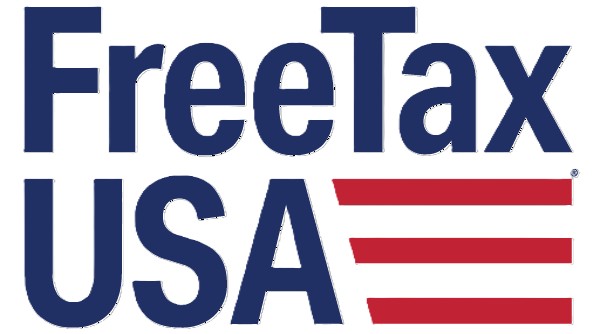
Before diving into why FreeTaxUSA earned top billing, let’s manage your expectations by saying FreeTaxUSA probably won’t be entirely free for you.
Despite the name, the completely free version of this tax prep software is only available to filers with an adjusted gross income (AGI) of $48,000 or less or active duty military with an AGI of $84,000 or less.
For everyone else, the federal return is free, but you'll pay $14.99 per state. There are a few upgrades and add-ons that can raise the price further, but none of those are tied to your tax situation – and that’s why it’s at the top of the list.
Say you’re a self-employed filer or you plan to itemize your taxes, for example. Most tax prep software would force you into a deluxe or premium version to access the forms for those situations.
At FreeTaxUSA, the price is the same regardless of which forms you need to submit.
While it’s not quite as seamless an experience as TurboTax and doesn’t offer the full service options of H&R Block, it’s a simple enough tax prep software at a flat price that works for most tax situations.
You’ll be able to import W2s and prior-year tax returns from competitor sites. The rest of the process is fairly straightforward.
If you do decide you want the help of a tax pro, you can add Deluxe Support for just $7.99. This allows you to ask your questions to a tax specialist via live chat as needed.
For even more hands-on help, you can add Pro Support for $49.99. With this one, you can talk to an expert via live chat or phone and even share your screen with them so they can see exactly where you’re stuck and walk you through the process.
In short, FreeTaxUSA may not actually be free for most, but it’s a low-cost option that won’t increase in price just because your taxes involve more than a W2. And if you do decide you need a little more guidance than the relatively basic software offers, you can add in expert support for as little as $7.99.
$0 Federal + $14.99 per state | |
$7.99 | |
$49.99 | |
$19.99 |
Pay just $14.99 total to file your federal and state tax return – no matter what your tax situation is.
Easiest DIY tax filing: Intuit TurboTax
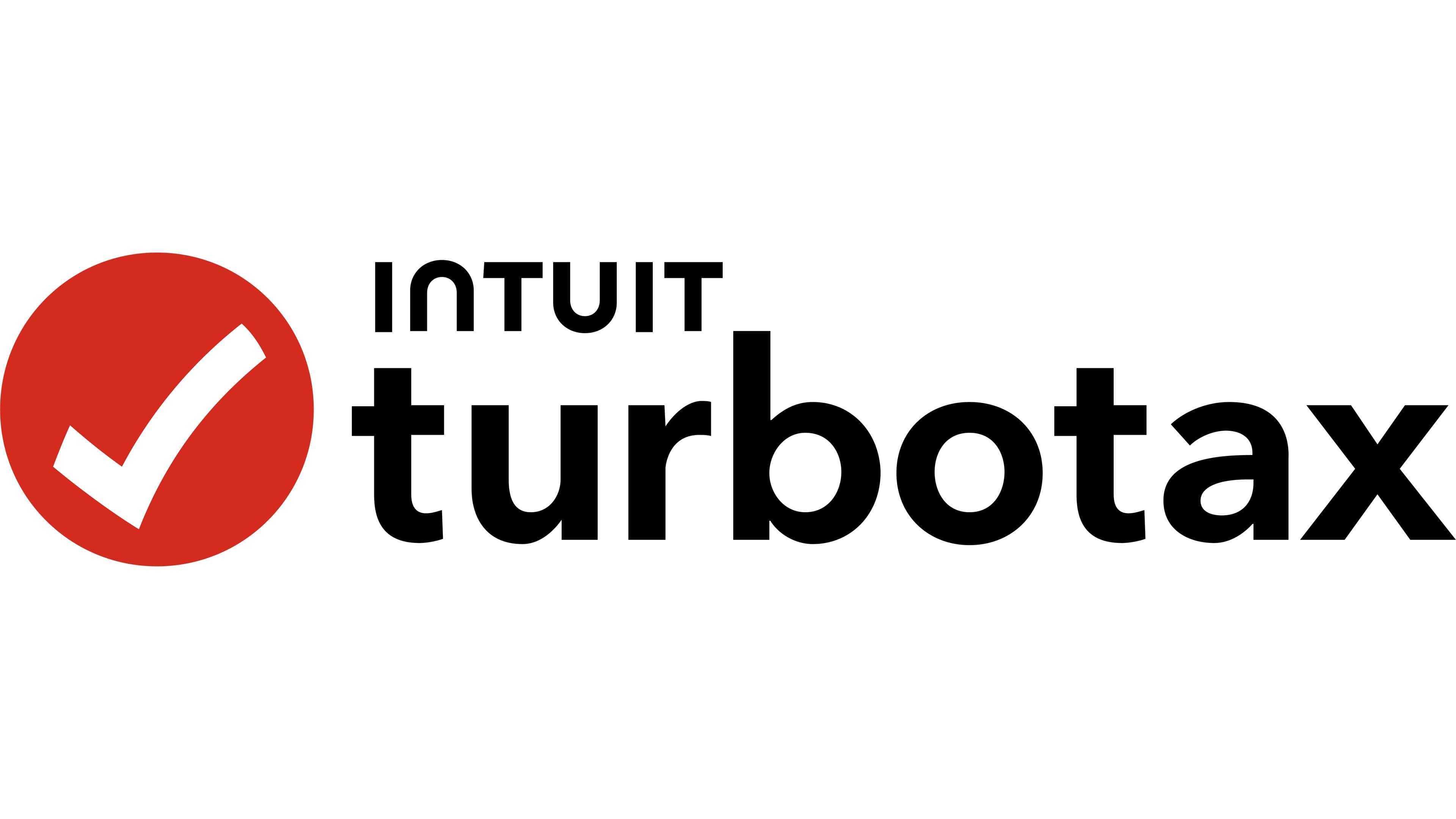
If you want to file taxes yourself, but also want to take as much of the guesswork out of the process as possible, TurboTax makes it easy.
TurboTax is continuously upgrading their online tax prep software, most recently by building integrations with QuickBooks and Credit Karma. This makes the process of uploading documents and forms to TurboTax as painless as possible.
Instead of manually inputting information or answering questions, you can just link TurboTax to QuickBooks or your bank to import forms or even take a photo of your W2 and the software auto-fills your return with that information for you.
Once TurboTax has auto-filled as much of your return as it can, you’ll be guided through the rest of your return in a step-by-step process that’s easy to follow.
The tradeoff for that seamless process is price. While a free version is available, only those with the simplest tax situations are eligible and it excludes some of the cooler features that make TurboTax so easy to use.
To get the full experience, you’ll need to spring for TurboTax Deluxe or Premium. The one you choose depends on your tax situation. Here’s a quick comparison of pricing. Tap through the links to see which tax forms and tax situations are supported by each product.
$0 Federal + $0 per State | |
$69 Federal + $59 per State | |
$119 Federal + $64 per State | |
$129 Federal + $59 per State | |
$199 Federal + $64 per State | |
$119 and up for Federal + $64 per state |
Enjoy a seamless tax filing experience with TurboTax's easy document importing and user-friendly software.
Best for complicated tax situations: H&R Block
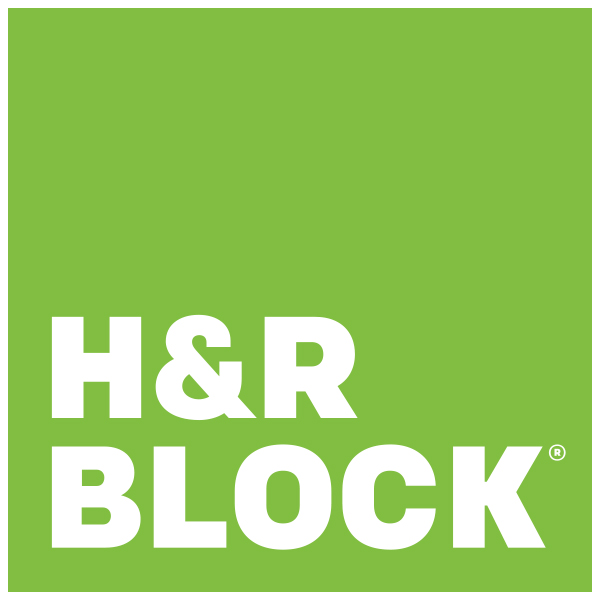
Did you retire abroad and now have no clue where to start with taxes? Are you a freelancer whose earned income in multiple states? Is this your first year filing taxes after divorce?
For those extra tricky tax situations, it helps to have access to pros who study tax codes full time. H&R Block is your best bet if you know you’ll need some professional advice and guidance as you navigate complicated tax situations.
While other tax prep software offer customer support and some even offer a few ways to connect with a live tax professional, H&R Block stands out as one of the most flexible options if you want extra help.
For example, if you want to handle the process yourself and just have access to a pro, H&R Block Deluxe, Premium and Self-Employed products all include unlimited expert help to ask questions whenever you need it.
You also have the option to pay extra for an expert review before you file, if you’d feel better having a professional check your work before you send your tax return to the IRS.
If you’d rather just hand all your paperwork over to a pro and let them figure it out, you can do that, too. H&R Block offers in-person tax prep services as well as remote or drop-off options so you can work with a professional no matter where you are or how little time you have.
The more support you want, the more you’ll pay. But if you’ve got a tricky tax situation – especially one that most other tax prep software won’t even touch – H&R Block is a great choice.
$0 Federal + $0 per State | |
$55 Federal + $0 per state | |
$55 Federal + $49 per state | |
$120 Federal + $49 per state | |
$95 Federal + $49 per state | |
$190 Federal + $49 per state | |
$115 Federal + $49 per state | |
$210 Federal + $49 per state | |
$89 and up + additional state fee |
A free version of H&R Block is available for simple taxes. But the best value is found in the deluxe, premium or full service options.
Most affordable pro support: Jackson Hewitt
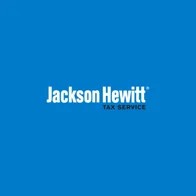
For a full service experience similar to H&R Block but at a lower price point, try Jackson Hewitt. You can get in-person help at your nearest Jackson Hewitt or participating Walmart location. You can also just gather all your paperwork and drop it off at one of these locations to let a pro do your taxes for you.
Prices range from just $49 to $149 for these full service options, depending on the complexity of your taxes. Meanwhile, H&R Block’s full service options start at $89 and go up from there depending on which forms you need to file.
With that said, you won’t have the option to work with a tax pro remotely like you can at H&R Block. You also don’t get the option to complete the return yourself and just have a tax pro review it before filing.
Jackson Hewitt also has online tax prep software if you want to do it yourself. The best thing about it is that you pay a flat $25 fee for access to the full software, including filing your federal and state returns. There’s no hidden fees and no upselling prompts as you work through your taxes.
The downside: there’s no free version at all. There are also a few forms not supported in the online tax filing platform that you can find in H&R Block’s tax prep software.
However, for most filers, the online software is comprehensive enough. But if you know your tax situation is complicated, check through the list of Jackson Hewitt’s supported forms to make sure everything you have is included before you start working through their online filing option.
$25 (federal and state) | |
$49 to $149 (depending on forms needed) |
Pay a flat $25 fee for the online software or take advantage of low-cost full service tax preparation at thousands of Jackson Hewitt locations nationwide.
Truly free tax prep software: Cash App Taxes

Cash App Taxes stands out as one of the few ways to file taxes for free that is actually free for anyone with any tax situation. With most tax prep software, you can start filing for free. But if you have investment income to add or you’d like to itemize your deductions, you suddenly find yourself shunted to a paid version.
Basically, if you’re doing anything more complicated than inputting a W2 form and claiming the standard deduction, that free tax prep software is no longer free.
With Cash App Taxes, there is no paid version. There are no add-ons or upgrades. It’s free from start to finish, no matter which tax forms you need to file – and that’s true for both your federal and state tax returns.
What’s the catch? There are two. First, your support options are limited and many of the forms need to be filled out manually. So if your taxes are complex, you need to be confident in your ability to manually fill out the forms on your own.
The second issue is that there are a few tax forms that Cash App just doesn’t support. While most filers are probably covered, some of the trickier situations might not be.
You can find a full list of excluded forms on their website. The most glaring omissions include: no multi-state filing, no foreign earned income and no underpayment penalty calculations.
Free |
Enjoy free tax filing for just about every situation with Cash App Tax.
Honorable mentions
The five options listed above offer a great balance of cost and support features. But these competitors listed below are also worth considering if you're still undecided.
- Easy DIY software that's cheaper than TurboTax: TaxAct
- Premium features at a lower price: eFile
- Complex tax situations are free (if you’re eligible): 1040.com
- Simplified online tax filing: TaxSlayer
The bottom line
While tax prep software can be a lifesaver that helps you avoid making mistakes on your tax return, figuring out the best balance of price and features for your situation is almost as complicated as filing your taxes.
Fortunately, you generally don't have to pay until you file. So, if you're still not sure which one to choose, you can start the process in a couple different platforms, decide which one you like more and finish the rest of your return with that one.
Related content
Profit and prosper with the best of Kiplinger's advice on investing, taxes, retirement, personal finance and much more. Delivered daily. Enter your email in the box and click Sign Me Up.
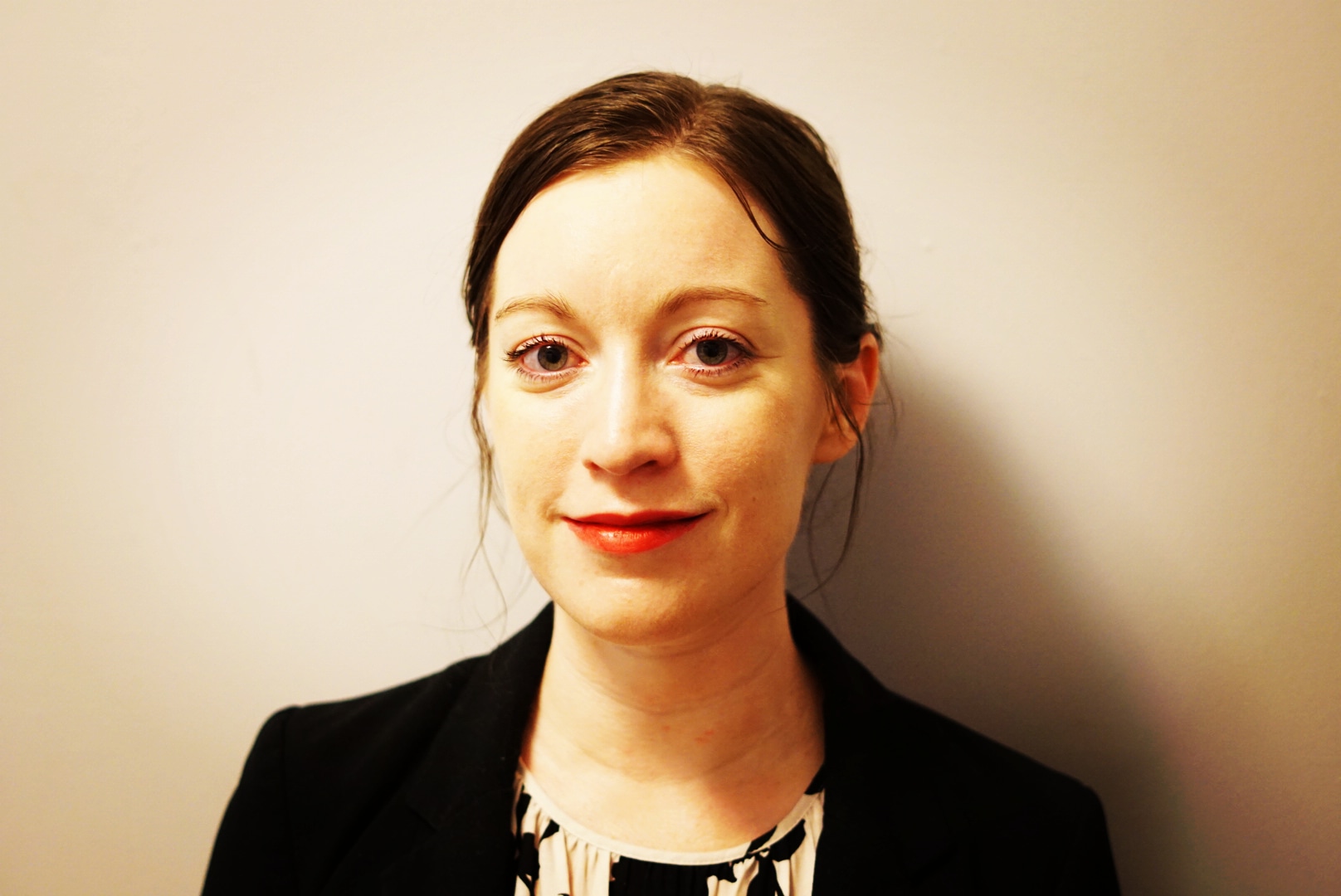
Rachael Green is a personal finance eCommerce writer specializing in insurance, travel, and credit cards. Before joining Kiplinger in 2025, she wrote blogs and whitepapers for financial advisors and reported on everything from the latest business news and investing trends to the best shopping deals. Her bylines have appeared in Benzinga, CBS News, Travel + Leisure, Bustle, and numerous other publications. A former digital nomad, Rachael lived in Lund, Vienna, and New York before settling down in Atlanta. She’s eager to share her tips for finding the best travel deals and navigating the logistics of managing money while living abroad. When she’s not researching the latest insurance trends or sharing the best credit card reward hacks, Rachael can be found traveling or working in her garden.
-
 The New Reality for Entertainment
The New Reality for EntertainmentThe Kiplinger Letter The entertainment industry is shifting as movie and TV companies face fierce competition, fight for attention and cope with artificial intelligence.
-
 Stocks Sink With Alphabet, Bitcoin: Stock Market Today
Stocks Sink With Alphabet, Bitcoin: Stock Market TodayA dismal round of jobs data did little to lift sentiment on Thursday.
-
 Betting on Super Bowl 2026? New IRS Tax Changes Could Cost You
Betting on Super Bowl 2026? New IRS Tax Changes Could Cost YouTaxable Income When Super Bowl LX hype fades, some fans may be surprised to learn that sports betting tax rules have shifted.
-
 How Much It Costs to Host a Super Bowl Party in 2026
How Much It Costs to Host a Super Bowl Party in 2026Hosting a Super Bowl party in 2026 could cost you. Here's a breakdown of food, drink and entertainment costs — plus ways to save.
-
 3 Reasons to Use a 5-Year CD As You Approach Retirement
3 Reasons to Use a 5-Year CD As You Approach RetirementA five-year CD can help you reach other milestones as you approach retirement.
-
 How to Watch the 2026 Winter Olympics Without Overpaying
How to Watch the 2026 Winter Olympics Without OverpayingHere’s how to stream the 2026 Winter Olympics live, including low-cost viewing options, Peacock access and ways to catch your favorite athletes and events from anywhere.
-
 Here’s How to Stream the Super Bowl for Less
Here’s How to Stream the Super Bowl for LessWe'll show you the least expensive ways to stream football's biggest event.
-
 The Cost of Leaving Your Money in a Low-Rate Account
The Cost of Leaving Your Money in a Low-Rate AccountWhy parking your cash in low-yield accounts could be costing you, and smarter alternatives that preserve liquidity while boosting returns.
-
 I'm a Financial Adviser: This Is Why I Became an Advocate for Fee-Only Financial Advice
I'm a Financial Adviser: This Is Why I Became an Advocate for Fee-Only Financial AdviceCan financial advisers who earn commissions on product sales give clients the best advice? For one professional, changing track was the clear choice.
-
 This Is How You Can Land a Job You'll Love
This Is How You Can Land a Job You'll Love"Work How You Are Wired" leads job seekers on a journey of self-discovery that could help them snag the job of their dreams.
-
 We Inherited $250K: I Want a Second Home, but My Wife Wants to Save for Our Kids' College.
We Inherited $250K: I Want a Second Home, but My Wife Wants to Save for Our Kids' College.He wants a vacation home, but she wants a 529 plan for the kids. Who's right? The experts weigh in.
